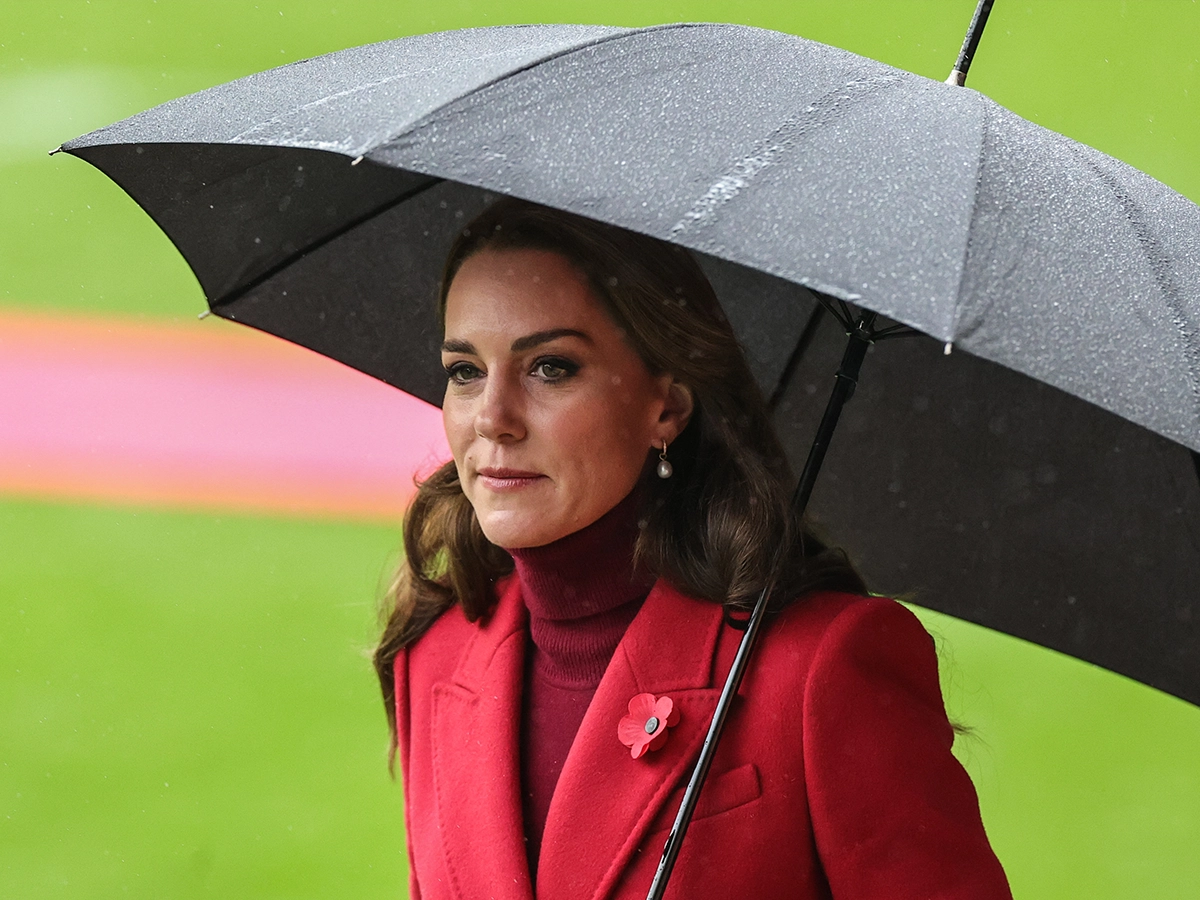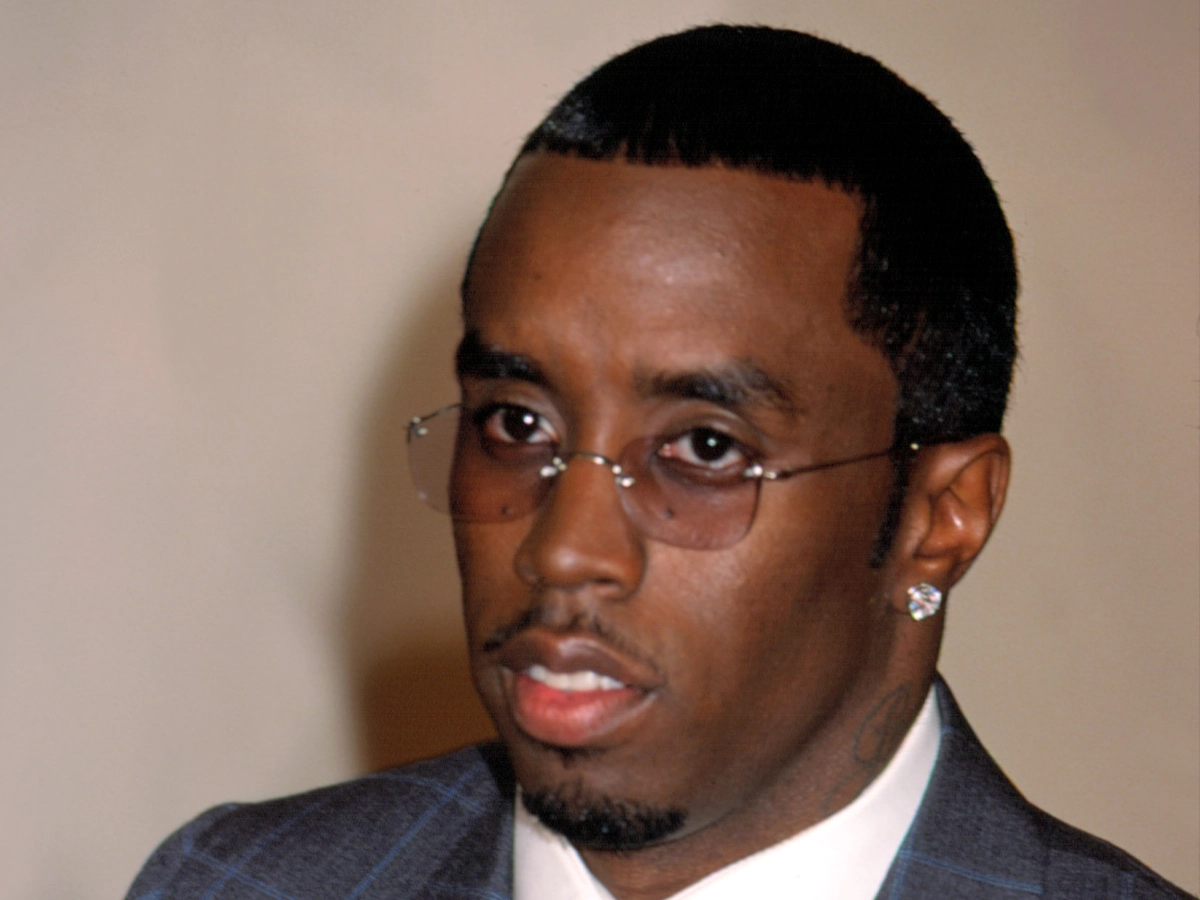BBC’s Huw Edwards Controversy

In recent days, a major controversy has enveloped the BBC, centering around serious allegations against one of its star presenters. The Sun, a British newspaper, first broke the story, claiming that a prominent BBC figure paid a young person over £35,000 since they were 17 in exchange for explicit images. However, as the week unfolded, the narrative subtly shifted, leading to serious questions about the media’s handling of the matter and the delicate balance between privacy and public interest.
The individual at the heart of these allegations is Huw Edwards, a veteran news anchor highly regarded for his authoritative presence on the BBC’s main nightly news program and election coverage. As the story progressed, Edwards’ wife, Vicky Flind, made a public statement about her husband’s hospitalization due to severe mental health issues. She disclosed his identity primarily to protect his well-being and their children’s welfare.
The Sun’s initial report sparked widespread concern, as it hinted at potential criminality by suggesting that the explicit images were sent before the teenager turned 18. Other media outlets also made explicit connections to criminal offenses, fueling the controversy further.
However, The Sun’s narrative shifted over time, leading to questions about the veracity of the evidence they possessed before publishing the allegations. The young individual’s lawyer firmly denied the claims, stating that they were “rubbish” and denied that anything inappropriate or illegal had occurred.
In the aftermath of The Sun’s story, police investigations were conducted, and two forces concluded that there was no evidence of criminality. This raised discussions about the media’s role in reporting sensitive allegations and the balance between the public interest and the right to privacy for the presenter.
As journalists delved deeper into the controversy, more allegations emerged against Edwards. These included inappropriate messages sent to colleagues, raising concerns about potential abuse of power.
Critics questioned the BBC’s handling of the situation, particularly regarding its response to the initial complaint made by the young person’s parents. The BBC customer services team passed the complaint to the corporate investigations unit, which is responsible for looking into alleged criminal activities involving BBC staff. However, the specifics of the allegations were not disclosed by the BBC.
Throughout the week, the media faced a challenging balancing act between reporting claims of serious wrongdoing and respecting individuals’ privacy. The impact of the media frenzy on the Edwards family has become a significant consideration in the ongoing debate about the ethics of publishing sensitive allegations.
As the controversy continues to unfold, many unresolved questions remain, leaving both the media and the BBC to reflect on their roles in such complex cases and the importance of handling them with utmost diligence and care.







Have your say